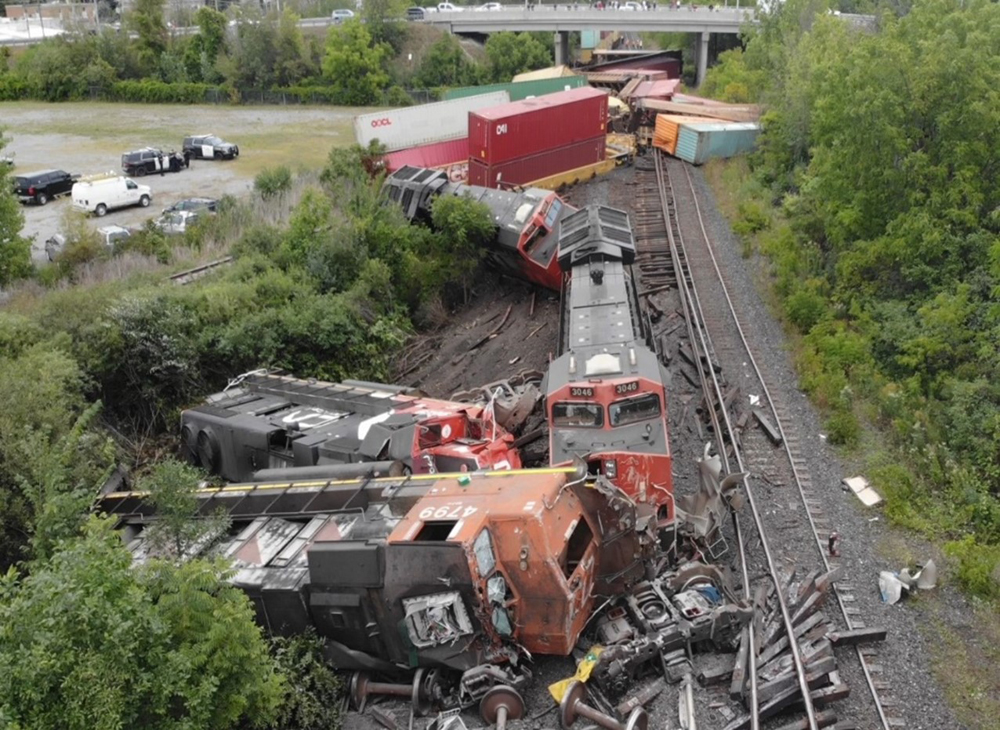
PRESCOTT, Ontario — The union representing rail traffic controllers and Canadian National Railway have both taken issue with a report by the Transportation Safety Board of Canada citing alcohol use by a controller as a factor in a September 2021 collision involving two CN trains — although for very different reasons.
The report issued March 13 called for regulation of the period between consumption of alcohol and work for those “safety-critical” positions as a result of the Sept. 2, 2021, collision that injured three crew members, one seriously. An intermodal train was sent through an incorrectly lined switch and collided with a local; the report determined the controller on duty was “likely affected by the persistent effects of alcohol consumption” that had occurred the morning of or night before his shift. [See “Effects of alcohol consumption by controller …,” Trains News Wire, March 13, 2024].
A Morrisburg Leader report under the Local Journalism Initiative says Teamsters Canada, which represents CN’s rail traffic controllers, feels the report ignores existing safety factors, particularly the lack of electronic locks, which the union says could have prevented the accident.
“Had the switch been equipped with an electronic lock, it would have detected the oncoming train, preventing the switch’s operation until safe,” Christopher Monette, the union’s director of public affairs, told the newspaper. He also said that switch and two others have since been upgraded with electronic locks, “a clear case of too little, too late.”
The incident could have easily occurred even if the controller was fully sober, he said.
The union says the report’s call for “dry periods” before work is “not a workable solution” given the on-call nature of many operating positions. Teamster Canada is challenging the dismissal of the controller involved in the incident.
CN, meanwhile, said in a statement that it is “disappointed that the report did not recommend a clearer framework regarding drug and alcohol consumption in safety-critical positions. CN remains firm in its belief that random testing employees in safety-critical positions is the only way to deter impairment at work.”






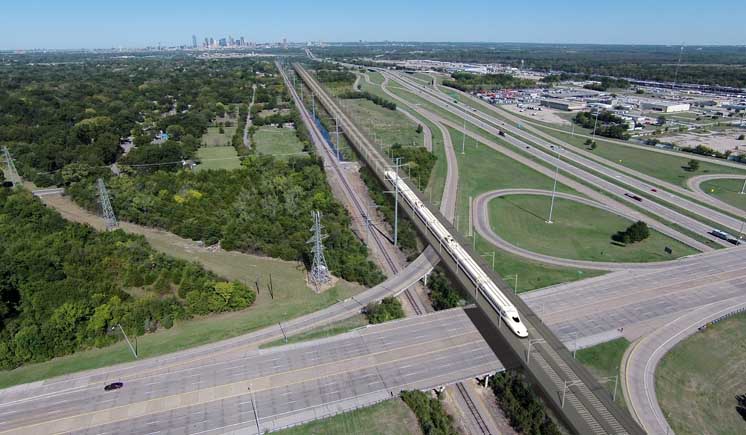
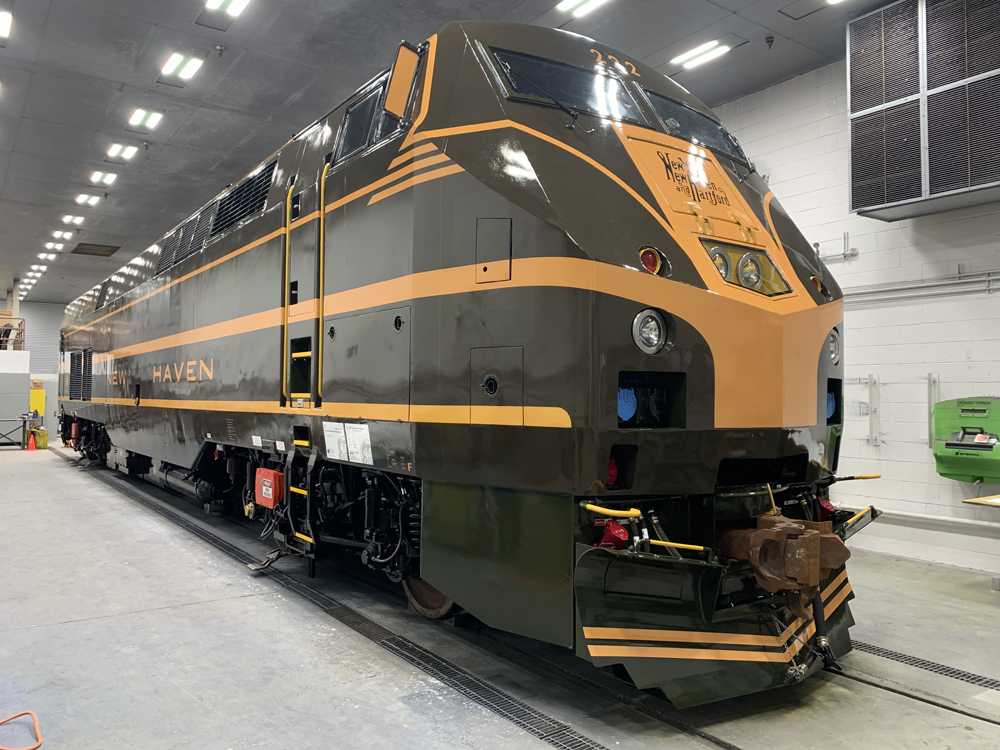
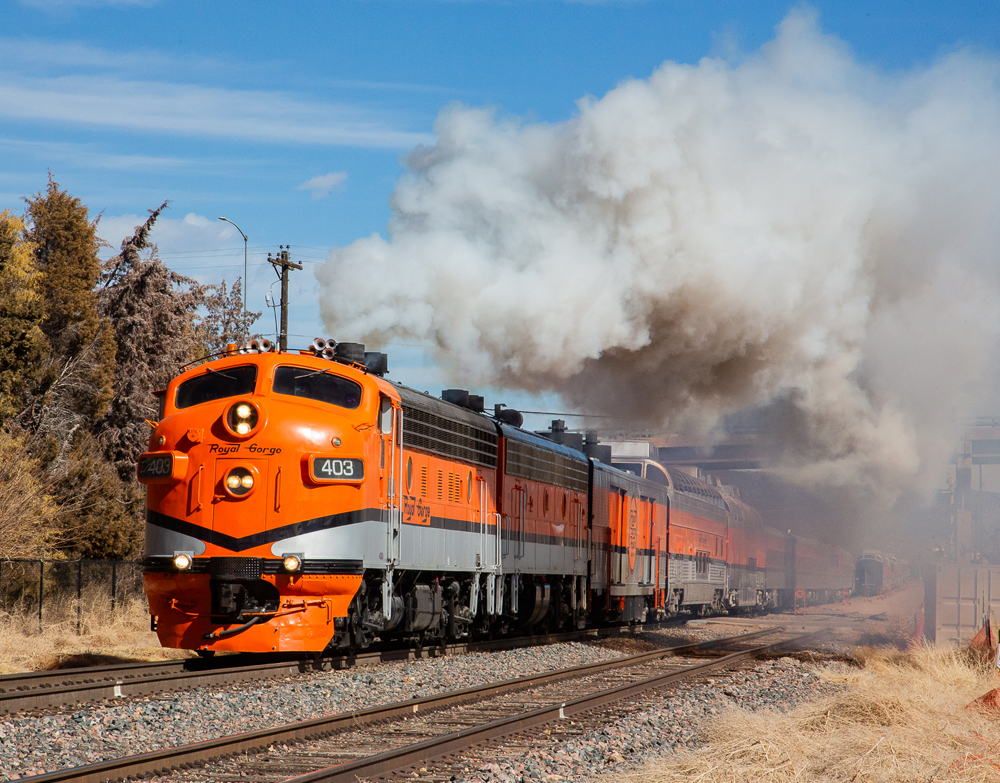
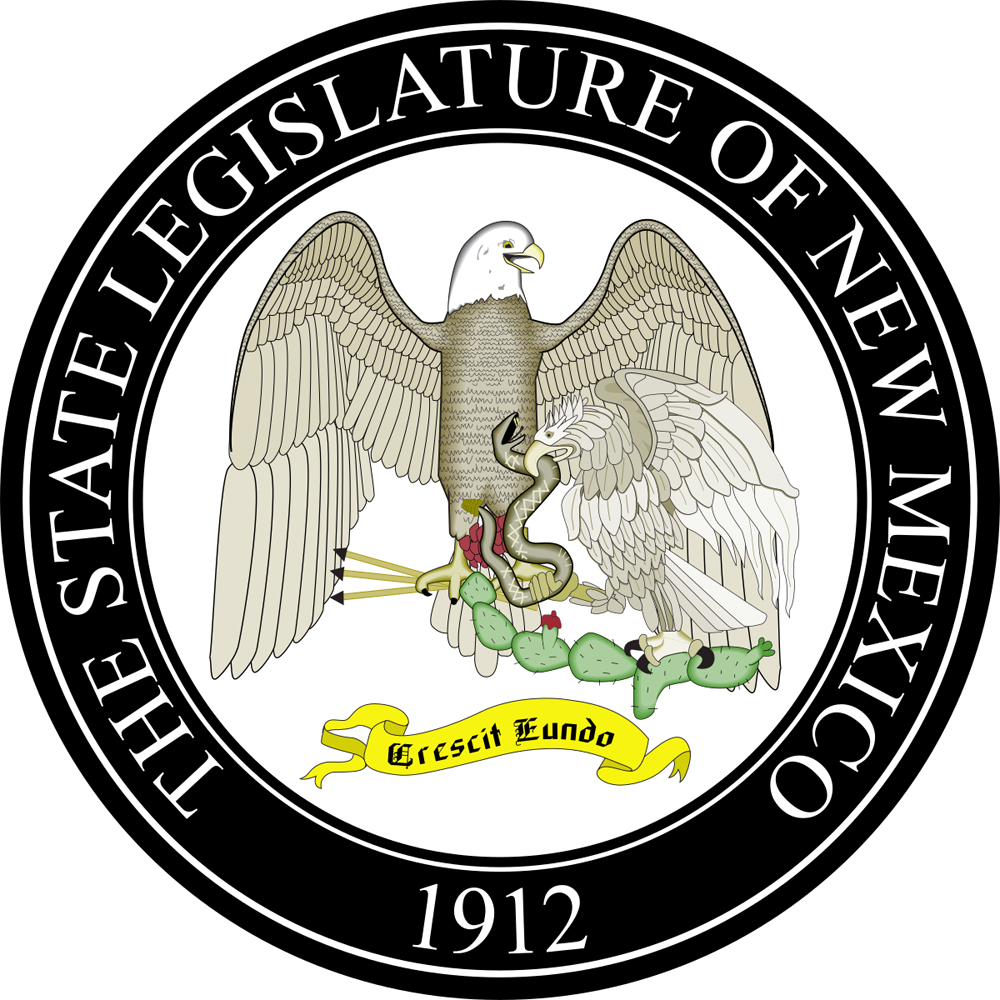




Things are different in Canada? In the US, all train crews are under random testing, AFAIK. Been that way for decades. Being on call doesn’t change anything. Tons of train crews are on call every day. I assume train dispatchers (controllers) are also subject to random testing. The only thing safe is to have a drink or two when you tie up or on rest days or personal days or vacation.
Yeah, yeah, yeah, but the rail traffic controllers union needs to get behind ANY effort to keep the effects of alcohol out of the workplace. Anything else makes it look like drinking is a protected right regardless of work status. Well if you want to drink, then don’t be in a job that affects the public and employee safety, Just like cops, firemen, pilots, over the road truckers and air traffic controllers all have restrictions on their working and drinking habits, as well as rest times. This the 21 Century FHS! Not the late 1800’s to mid 1900’s.
The electronic switch locks may be a great idea but no so people can use it as an excuse to drink (or use drugs) and (fill in your job spec here…)
A friend who is a heavy equipment operator always says the rule at his company is “no less than 12 hours bottle to throttle”.
I like it!
If you go to the actual TSB report it becomes fairly obvious that the workload for the RTC was heavy with multiple demands for his attention and action during the previous hour. Trying to keep a mixed collection of passenger and freight trains on schedule on a lengthy stretch of a two main track subdivision, with track forces and locals added to the mix is not simple. Adding in various other related communications and clerical duties can mean little time to pause before acting.
The alcohol would not help either, of course, but in my opinion it was only one of the contributing factors.
John
When this incident made TRAINS NEWSWIRE a week or so back, I had a thought, though I didn’t post it at the time. In that prior article, TSB stated that alcohol was a factor in the incident.
I’m sure the drunk individual didn’t help matters, but it can never be proven that he would have done any better if he were sober, nor that being drunk directly caused his actions.
There’s no excuse for reporting for duty under the influence. It’s a whole other matter to say that being impaired caused the failure. In my career, I never once drank before or during work hours but I made my share of big mistakes. On the opposite hand, there’s plenty of office workers who have a drink at lunch (I never did) but manage to get through the afternoon. I don’t drink and drive, but I know plenty of people who do. Why do you think that bars, taverns, and restaurants’ have parking lots?
I don’t believe he was drunk, maybe a hangover.
I would like to see elect switch locks in more places, they’re definitely the safest option rather than relying on a voice telling you the block is clear.
I was in the area, on another train and had passed the intermodal train 10 to 15 minutes minutes before this incident happened. I feel bad for everyone involved, yes there were mistakes made, but that doesn’t change the fact that peoples lives were affected greatly. I know the engineer hasn’t returned to work yet.